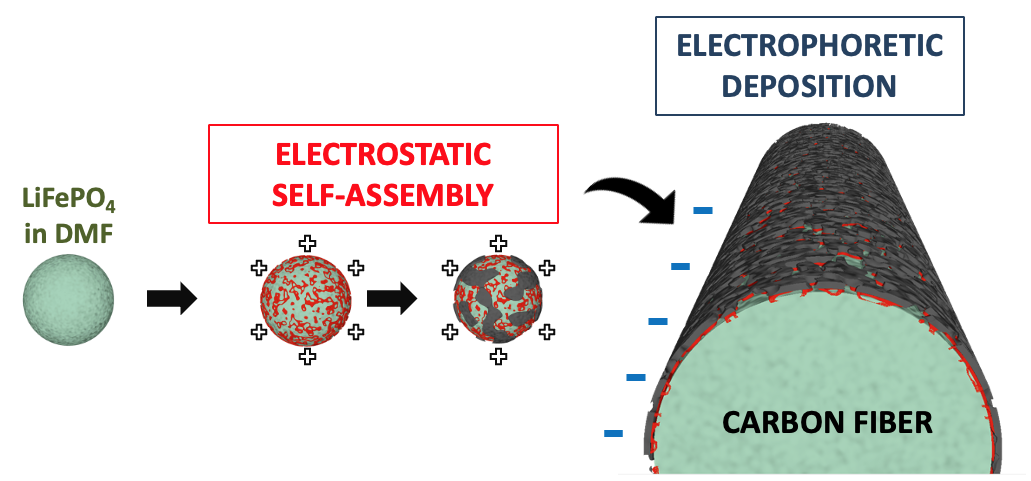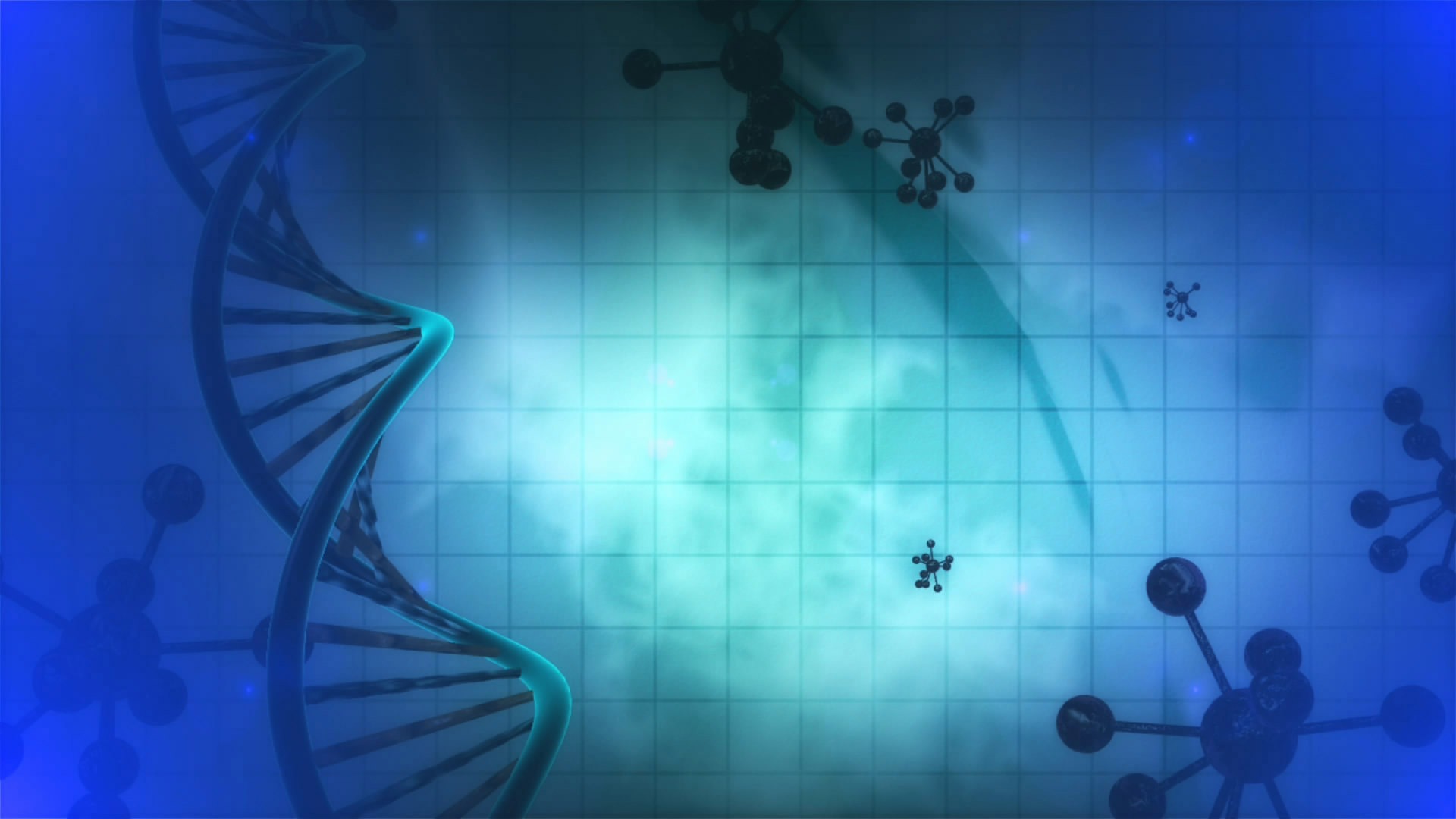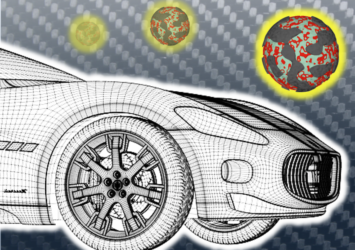Carbon fibers (CF) are widely used in modern cars and airplanes, especially in high-performance racing cars or electric cars, where weight saving is important.
CF can not only serve as structural components but also be used as structural batteries, i.e. provide energy storage capability, thus giving extra energy and power with a significant weight reduction and increased energy efficiency of vehicles.
However, to use CF as the positive electrode of a structural battery, they need some chemical processing. This can be achieved using graphene, polymer additives and electric fields, but the conventional method requires non-sustainable, expensive organic solvents, which are also difficult to remove from the final material.
Last week, researchers from ISOF (Italy), University of Chalmers (Sweden) and IMDEA institute (Spain) published a new paper showing a greener way to produce structural batteries. In this new work, the authors demonstrate the possibility to obtain CF electrode for structural batteries using a more environmentally friendly, common solvent, which is ethanol.

In this way, different kinds of commercial graphene and reduced graphene oxide (rGO) could be successfully deposited on CF, and used in lithium ion batteries. The electrodes demonstrated a good specific capacity of 126.2 mAhg− 1, with over 93% retention of storage capacity even after 500 charge-discharge cycles.
In this way, different kinds of commercial graphene and reduced graphene oxide (rGO) could be successfully deposited on CF, and used in lithium ion batteries. The electrodes demonstrated a good specific capacity of 126.2 mAh/g, with over 93% retention of storage capacity even after 500 charge-discharge cycles.
These results represent a promising, green technology to produce functional coating of electrode materials and demonstrate the potential utility of 2D materials in the development of high-performance structural batteries.
Full paper:
Composites Science and Technology
Volume 251, 26 May 2024, 110568
Related papers:
Composites Science and Technology 208 (2021) 108768.
Benchmarking of graphene-based materials: real commercial products versus ideal graphene
2D Mater. 6 (2019) 025006.


